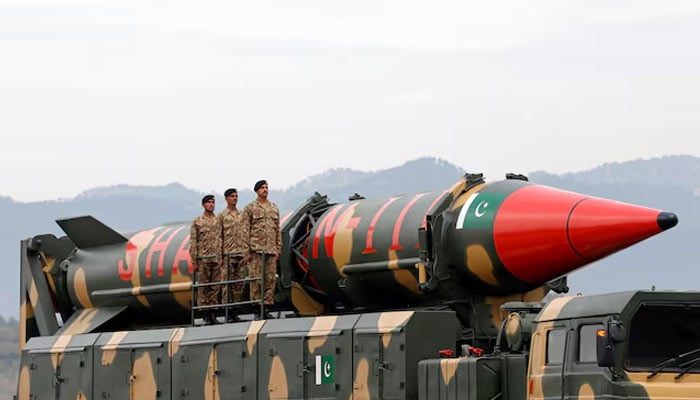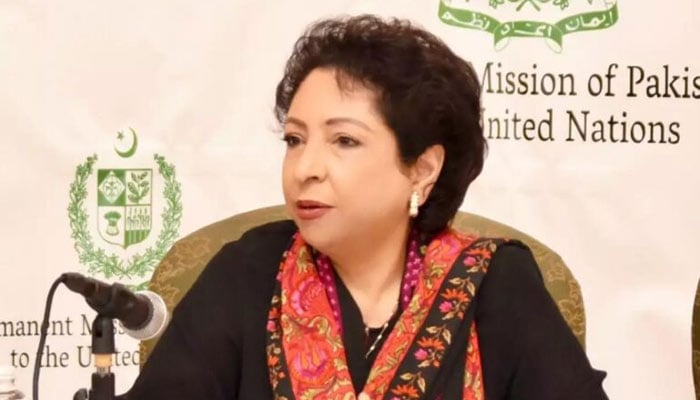US sanctions hold 'zero effect' on Pakistan: former envoy
Lodhi criticises US "discriminatory approach", saying India remains excluded from all such sanctions
ISLAMABAD: Former Pakistani envoy to the United Nations, Maleeha Lodhi, has asserted that US sanctions on Pakistan will have "zero effect", dismissing them as inconsequential.
While speaking on Geo News’ programme Geo Pakistan, Lodhi remarked that such sanctions are not a novel occurrence for Pakistan.
"Since the inception of Pakistan’s nuclear programme, the United States has imposed various sanctions, yet they have failed to bring about any substantial consequences,” said Lodhi, who has also represented Pakistan as an ambassador to the US.
Lodhi criticised what she described as the US's discriminatory approach, pointing out that no such sanctions have been imposed on India, whose missile programme is far more advanced.
"This is a clear double standard by the US," she said, reiterating that the sanctions will not affect Pakistan.
She further noted that Pakistan is no longer a priority in US foreign policy, especially since the American withdrawal from Afghanistan. "The Trump administration’s focus was on China, and US-Pakistan relations have been at a crossroads ever since," Lodhi observed.
Commenting on the domestic discourse surrounding Pakistan’s nuclear programme, Lodhi emphasised that no Pakistani would support the US’s discriminatory behaviour.
"There should be no political point-scoring on our nuclear programme," she asserted, underlining the importance of national unity on such issues.
A senior White House official on Thursday said nuclear-armed Pakistan is developing long-range ballistic missile capabilities that eventually could allow it to strike targets outside of South Asia, including the United States.
Deputy national security adviser Jon Finer said Islamabad's conduct raised "real questions" about its intentions.
The statement came only a day after the US State Department said it was imposing additional sanctions related to Pakistan's ballistic missile programme, targeting four entities that it said were contributing to the proliferation or delivery of such weapons.
The statement, issued on the State Department's website, said that the decision was taken “in light of the continuing proliferation threat of Pakistan’s long-range missile development”.
In a more recent statement, Principal Deputy Spokesperson of the State Department Vedant Patel said that it was a long-standing policy of the US to deny support to Pakistan's long-range ballistic missile programme.
-
Security forces gun down 30 terrorists in multiple IBOs in KP: ISPR
-
MQM-P calls for new province in Sindh
-
US report validates Pakistan military edge over India: PM
-
Banned TTP poses serious threat to Pakistan security: UNSC panel
-
CM Afridi clarifies remarks on by-poll after ECP requests army deployment
-
Dubai sees 3.2m Pakistani passengers in 2025 as airport sets new milestone
-
Security forces kill 23 Indian proxy terrorists in KP's Kurram
-
Pakistan to construct island to boost oil exploration: report













